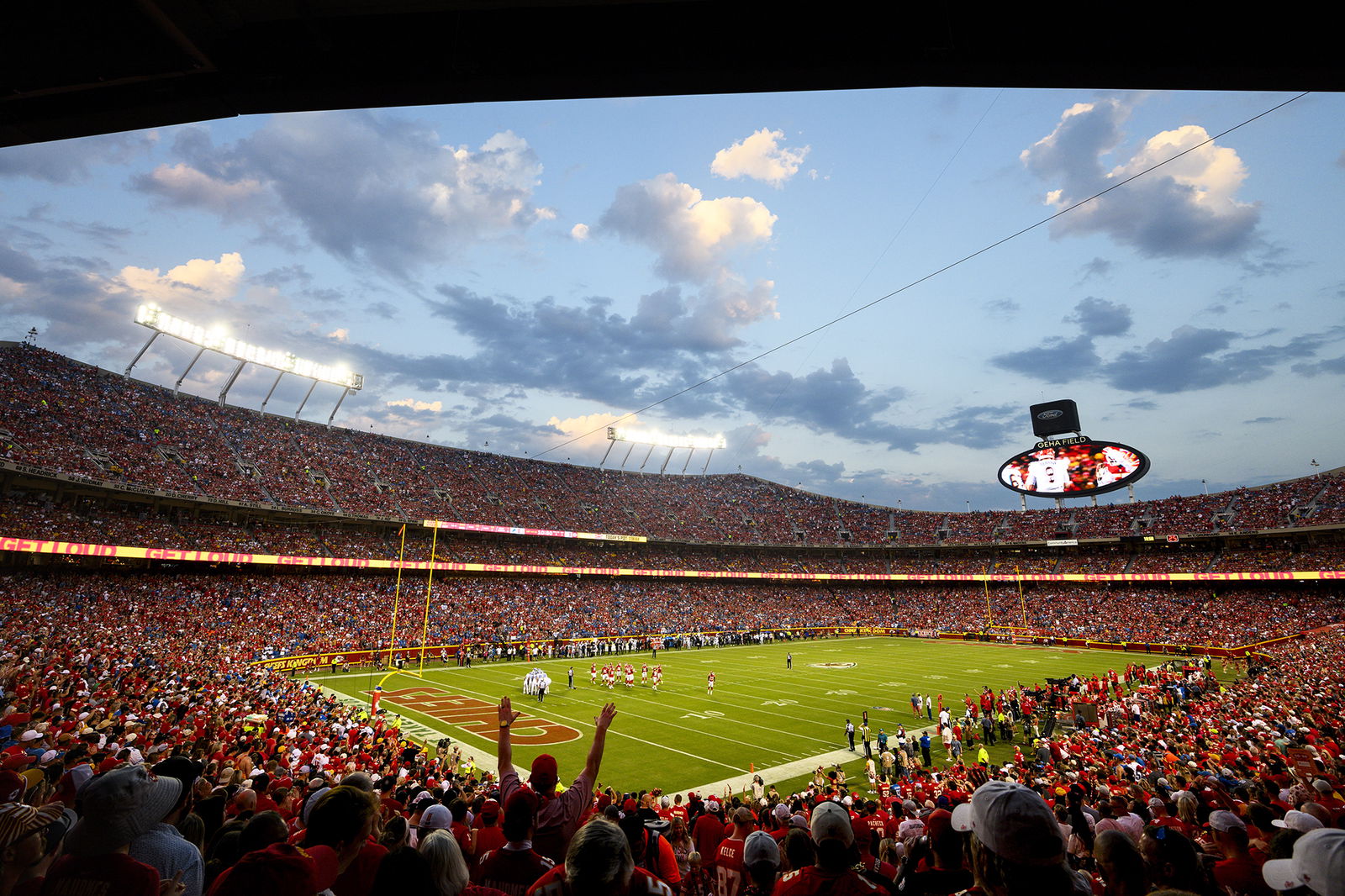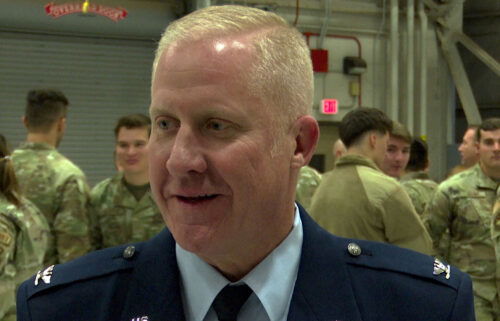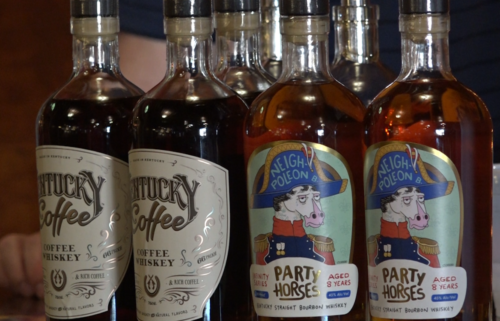Officials continuing plans for influx of World Cup visitors to the Midwest

By Jazmine Knight
With the FIFA World Cup coming to Kansas City in 2026, officials are preparing for its impact on the city of St. Joseph.
At a Partnership for Success Quarterly Meeting hosted by the St. Joseph Chamber of Commerce, the group discussed all things soccer, including statistics, planning elements and economic impacts, as the World Cup approaches.
“It’ll be the largest sporting event in the history of the world and the regional impact is going to be profound,” said Katherine Holland, managing director for KC2026.
Because of that significant impact, St. Joseph will see changes in tourism and economic development when the World Cup comes.
For example, Holland and her team had to ensure there were at least 55,000 hotel rooms at minimum within a two-and-a-half hour radius of downtown Kansas City. For St. Joseph, that means hotels will most likely be fully booked.
“You will have visitors around your municipal areas and things like that. I think there’s an opportunity for watch parties and other activation around the World Cup,” Holland said. “We would then collaborate on making sure that everybody who’s coming to experience this event understands that St. Joe is a great destination to visit.”
With 1.5 billion people tuning in to watch the final match of the 2022 FIFA World Cup, soccer’s impact is undeniable. That compares to the record-breaking 123 million viewers who tuned in to watch the Kansas City Chiefs win their second consecutive Super Bowl championship.
“So when people say the other football, the reality is that soccer/football is the largest sport in the world,” she said.
From a financial standpoint, Holland and her team suggest the World Cup will have a minimum impact of about $635 million between Kansas and Missouri.
“It doesn’t necessarily account for other surrounding Midwestern states, which will also likely see an economic impact (through visitor spending),” Holland said.
The goal for this increase in tourism is to leave visitors wanting to see more of the Midwest.
“It’s an incredible and unprecedented opportunity to sort of pitch the Midwest as a viable place to set up a business, to raise a family, to live, work and play,” she said.
As for the other major sports teams in Kansas City, the organizations are partners in this project and are involved with the day-to-day planning of the World Cup. Holland said they’re very supportive of this endeavor.
“We’re hoping that the schedule works out to where the MLB schedule works out so that there is a baseball game in Kansas City while the World Cup is being played,” Holland said. “We want to give fans an opportunity to go check out American baseball and go see beautiful Kauffman Stadium and watch our Royals.”
For Holland, her favorite part is collaborating with the 11 other host cities. They want fans to have an equal experience no matter where the World Cup is hosted.
“We really need to have a sort of equal footing regardless of matches, number of matches and host city size,” she said.



